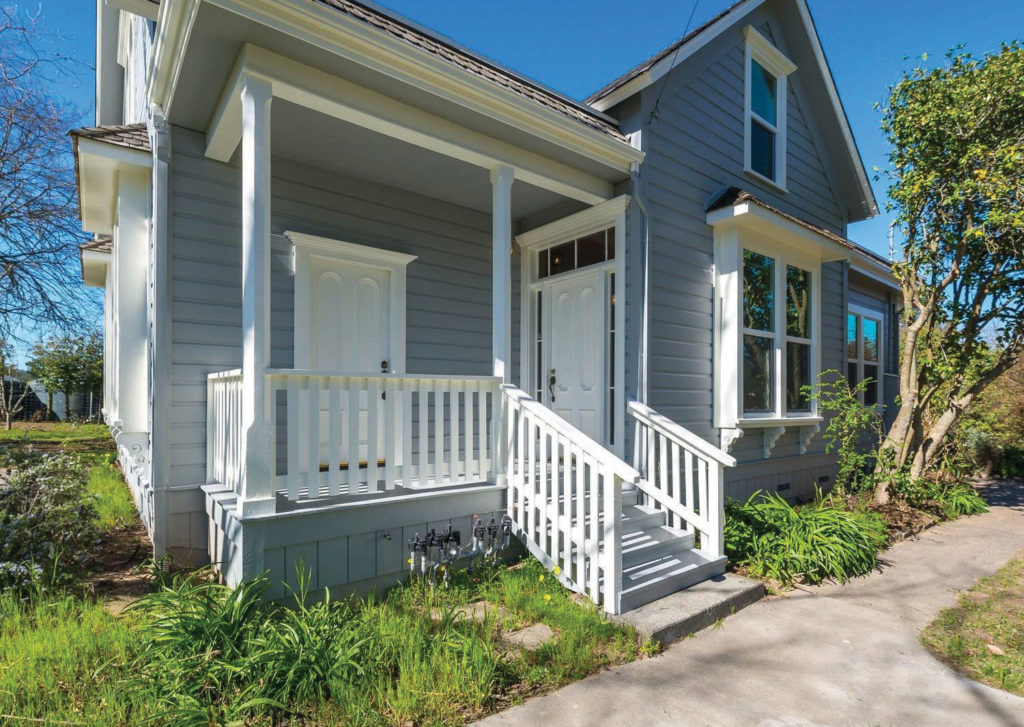If you’re in the market for a new home, one of the first things you’ll need to do is find a Realtor. However, with an abundance of working professionals in the real estate field, you’ll need to be proactive about finding one who’s qualified and dependable. Besides verifying licensing and getting references, one way to evaluate a Realtor is to ask plenty of questions. Here are five things to ask a Realtor:
- Do you hold any specialized industry certifications?
Besides earning their real estate license, a Realtor can earn additional certifications like Certified Residential Specialist (CRS) and Short Sales and Foreclosure Resource (SFR®). For senior citizens, working with a Seniors Real Estate Specialist (SRES®) can be beneficial. Likewise, current and former military service members may benefit from working with a Military Relocation Professional (MRP). By choosing a Realtor whose professional strengths align with your needs, you can increase the chances of achieving your home purchase goals.
- Where should I get preapproved?
Before you begin viewing properties, it’s a good idea to get preapproved for a loan. Until you’re preapproved, you won’t know your price range—a critical piece of data for your home search. Additionally, since preapproval is required to submit an offer, doing this at the outset will allow you to move quickly when you find a property you like. A Realtor can steer you in the right direction to complete this crucial step of your home-buying journey.
Typically, your best bet for getting preapproved is to go through a local mortgage broker. Unlike a bank, whose rigid requirements are often difficult to meet, a mortgage broker can go to several different lenders in search of one that’s willing to work with your particular circumstances. This can help you get pre-approved more quickly so you can begin your home search.

Hunting for a new home can be fun, but it can also get overwhelming. Photo: Ron Lee RE/MAX Gold ©2018
- How can I make the most of my home search?
Looking at properties is exciting, but it can get overwhelming, especially if you don’t have a strategy. A good Realtor will be able to provide tips and tricks for optimizing your house hunt. For example, Jon Zeiter, a broker associate with Golden Gate Sotheby’s International Realty, recommends making a preliminary list of desired features. “I have my clients write down 10 to 15 things they want in a house,” he explains. “As they look at properties, they start to develop more realistic expectations and weigh in on what’s really important. From there, I have them narrow down their lists to three or four must-have features. That way, when they find the right property, they’re confident in their choice because they’ve carefully weighed their priorities.”
- What’s your strategy if we encounter a multiple-bid situation?
When you find a property you like, chances are you won’t be the only interested party. This can lead to a multiple-bid situation, often referred to as a bidding war. In such an event, you’ll want to have a seasoned Realtor with strategies for getting a leg up on the competition.
Ron Lee, a broker associate with RE/MAX Gold, suggests one such strategy. “Have your agent check with the seller’s agent and ask about their needs and motivations,” he advises. “For example, if the seller is under time constraints, they may be looking for a short closing time. Or, if they’re in between homes, they may want a rent-back agreement to give them additional time to find a new residence. By finding out about such needs, you’ll be able to include accommodations in your offer that make it more appealing.”

If you already own a home, this can present an additional complication to the home-buying process. Photo: Prime Real Estate Services ©2018
- Do I need to sell my current home first or can I wait until after I’ve found a new one?
If you already own a home, this can present an additional complication to the home-buying process, especially if you’re planning to sell it (as opposed to renting it out). According to Mikki Cardoza, owner of MikkiMoves Real Estate, Inc., a good strategy is to list your current property for sale and find a new one after you have a buyer in contract. To avoid problems with timing, add a contingency to your sale contract that says you won’t close escrow until after you’ve secured a replacement property. Besides streamlining the selling/buying process, having your sale property in contract can increase your negotiating power when making an offer on a new property. Of course, every homeowner’s circumstances vary, so ask your Realtor to advise you on what makes the most sense for yours.
